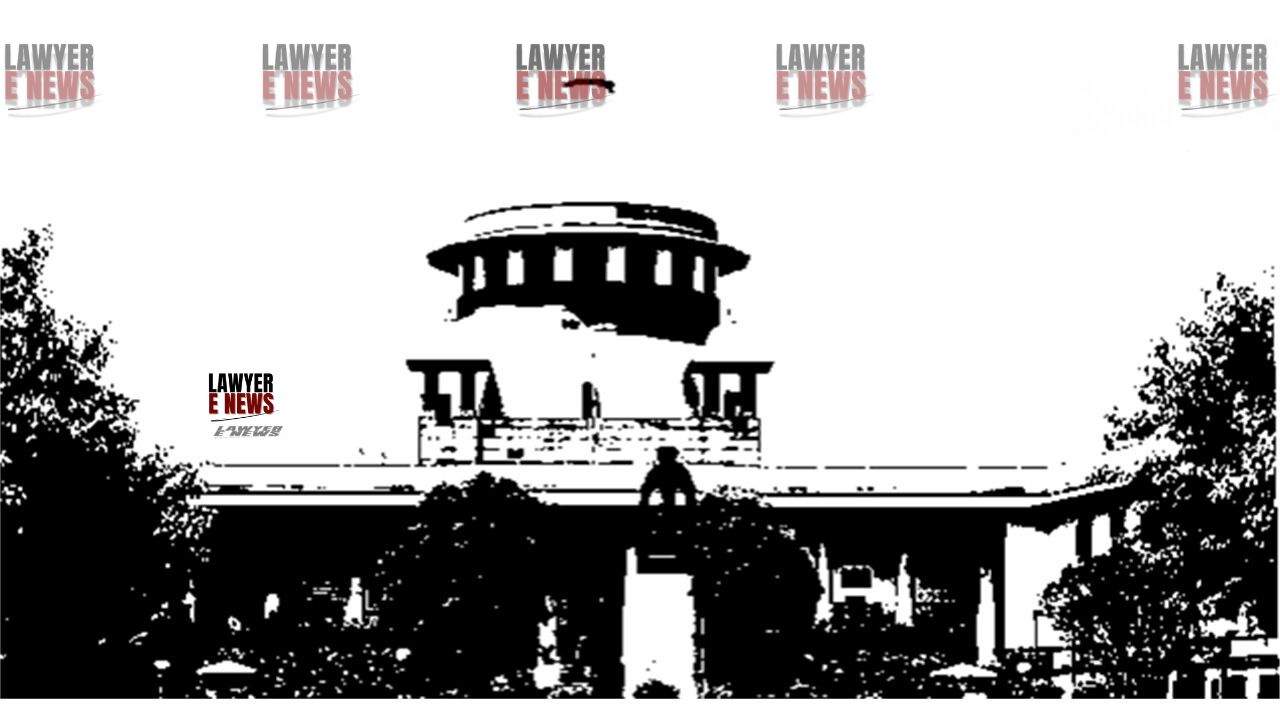-
by Admin
15 February 2026 5:35 AM



The Supreme Court sets aside the sale deed executed by an agent, affirming the implied revocation doctrine when the principal acts independently. The Supreme Court of India, in a significant ruling, has set aside a sale deed executed by an agent under a power of attorney, emphasizing the doctrine of implied revocation. The judgment, delivered by a bench comprising Justices C.T. Ravikumar and S.V.N. Bhatti, reaffirms the legal principle that a principal's act of independently dealing with property constitutes an implied revocation of the agent’s authority.
The appellant, Thankamma George, and the first respondent, Lilly Thomas, are sisters and daughters of the late George. The dispute centers around the sale of a property originally co-purchased by the sisters. Thankamma, having worked abroad for many years, had executed a power of attorney in favor of Lilly to manage the property. However, Thankamma later co-executed a sale deed for part of the property, which led to a legal battle over the remaining portion sold by Lilly to her husband, the second respondent.
The Supreme Court delved into the principle of implied revocation under Sections 207 and 208 of the Indian Contract Act, 1872. The Court observed that the appellant's act of co-executing the sale deed dated January 18, 2008, amounted to an implied revocation of the power of attorney granted to Lilly. Justice S.V.N. Bhatti noted, “The co-execution of the sale deed by the principal independently is inconsistent with the continuation of the agency, thereby constituting implied revocation.”
The Court scrutinized the sale deed executed by Lilly in favor of her husband on April 16, 2008, under the revoked power of attorney. The Court highlighted the absence of consideration for the sale, which Lilly admitted during cross-examination. The judgment stated, “The execution of the sale deed without consideration is void ab initio and does not create any valid right or title in favor of the second respondent.”
The Court emphasized that the relationship between a principal and an agent is rooted in trust and authority, which can be revoked by the principal’s explicit or implied actions. The judgment cited previous rulings to underline that a principal's right to revoke a power of attorney can be exercised implicitly through actions that indicate a clear intent to terminate the agent’s authority.
Justice Bhatti remarked, “The execution of the sale deed by the principal herself, independent of the agent, unequivocally implies revocation of the power of attorney. This principle is well established in law and is vital to protecting the interests of principals who choose to act independently.”
The Supreme Court's decision to set aside the sale deed underscores the judiciary's commitment to upholding the principles of agency law and protecting the rights of principals. This landmark ruling clarifies the legal stance on implied revocation of power of attorney and is expected to have significant implications for future cases involving similar disputes.
Date of Decision: July 9, 2024
Thankamma George vs. Lilly Thomas and Another
